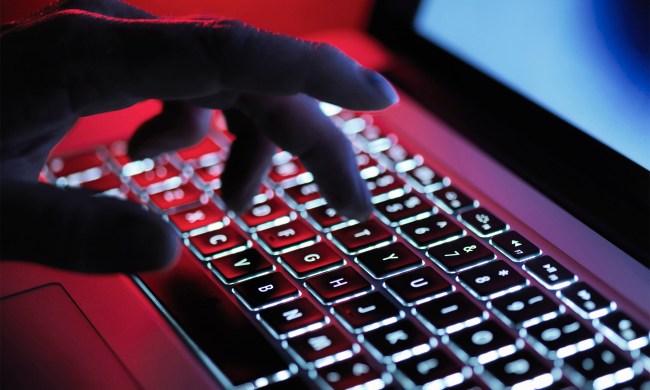
Congrats, “123456,” for shame, anyone using it as a digital passkey. Especially in a day and age when nude celebrity pic leak scandals are beginning to feel like just another Monday morning, and mammoth corporations such as Sony can piss off dangerous hackers with a harmless Seth Rogen comedy.
True, maybe no one’s interested in checking out the unclothed physique of all you regular Joes and Janes reading us. And offending North Korea is probably not very high on your daily to-do lists. But I bet many terabytes of personal, sensitive data are hidden behind “12345,” “12345678,” or “qwerty” passwords. Not to mention financial info and the like.
So yeah, next time you sign up or log in to Paypal, your e-mail, cloud, Facebook, or Twitter, think twice before penciling in ill-advised, decidedly unsafe integer sequences like “1234567890,” “1234,” or “696969,” (which isn’t funny either). The same goes for words like “baseball,” “dragon,” “football,” “monkey,” “mustang,” “master,” “superman,” or “batman”. Come on, even a six-year-old could “hack” those with a little effort and patience.
And no, you aren’t particularly safe when “protected” by phrases such as “letmein” or “trustno1”. The reason is simple – they’re not clever.
SplashData gathered its 2014 research via more than 3.3 million leaked passwords during the last 12 months, so in all honesty, this isn’t an ultimate, 100 percent accurate list of the “world’s most used passwords.”
Just to be on the safe side, though, go ahead and change everything to strings of letters and figures as random as possible. Picking dates and names you can easily remember isn’t necessarily a bad idea, but please don’t go with your anniversary and wife’s name.
Also, tools like LastPass are around to help you store them all, so they don’t have to mean anything.


